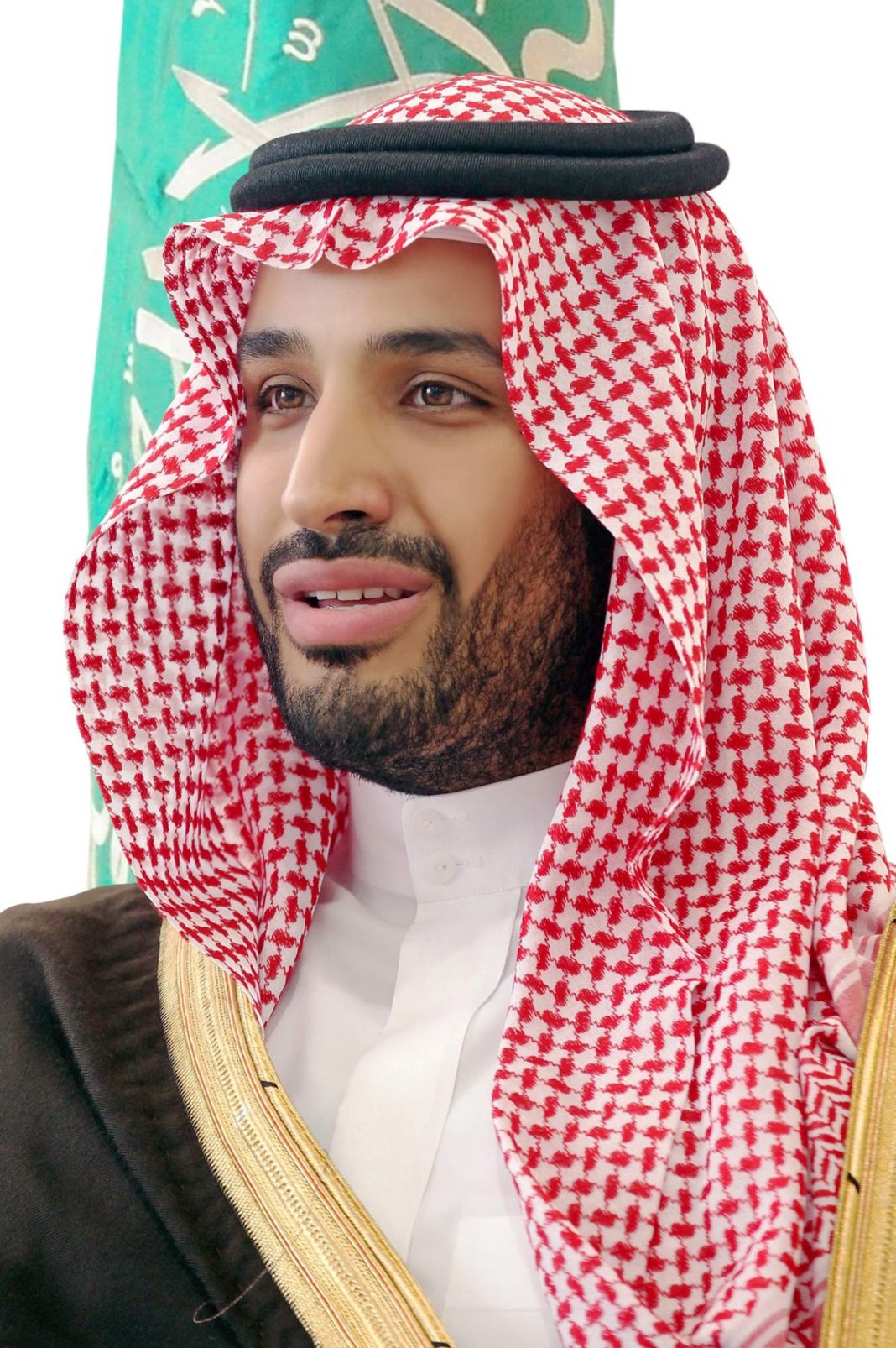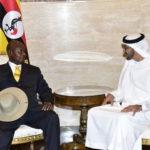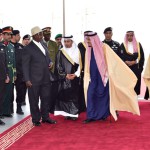Saudi Arabia’s King Salman has appointed his 31-year-old son Mohammed bin Salman as crown prince, removing the country’s counter-terrorism czar and a figure well-known to Washington from the royal line of succession.
In a series of royal decrees issued today, the monarch stripped Prince Mohammed bin Nayef, who was first in line to the throne, from his title as crown prince and from his post as the country’s powerful interior minister overseeing security.
Bin Nayef, for years the kingdom’s counter-terrorism chief who put down an al Qaeda campaign of bombings in 2003-06, has pledged allegiance to the kingdom’s new crown prince.
The newly announced Crown Prince Mohammed bin Salman, who also serves as defence minister and oversees a vast economic portfolio, had previously been second in line to the throne, though royal watchers had long suspected his quick rise to power might accelerate his inheriting of the throne.
The young prince was little known to Saudis and outsiders before Salman became King in January 2015. He had previously been in charge of his father’s royal court when Salman was the crown prince.
The Saudi monarch, who holds near absolute powers, quickly awarded his son expansive powers to the surprise of many within the royal family who are more senior and more experienced than Mohammed bin Salman, also known as MBS.
Al Arabiya television reported that the promotion of the prince was approved by the kingdom’s Allegiance Council, and that the king had called for a public pledging of loyalty to Mohammed bin Salman on Wednesday evening in Mecca.
The Allegiance Council is a body made up of the sons and prominent grandsons of the founder of the Saudi state, the late King Abdul-Aziz, who vote to pick the king and crown prince from among themselves.
The surprise announcement follows 2-1/2 years of already major changes in Saudi Arabia, which stunned allies in 2015 by launching a war in Yemen, cutting old energy subsidies and in 2016 proposing partly privatising state oil company Aramco.
Last year Mohammed bin Salman, or ‘MBS’ as he is widely known, announced sweeping changes aimed, as he put it, at ending the kingdom’s ‘addiction’ to oil, part of his campaign to tackle systemic challenges that the kingdom has previously failed to address.
Until his father Salman bin Abdulaziz Al Saud became Saudi Arabia’s seventh king in January 2015, few people outside the kingdom had ever heard of bin Salman, seen more than two years on as the power behind its throne.
Regarded warily by some Saudis and by many foreigners as an unknown quantity in the Middle East’s traditional status quo power, he has over the past year set about building his profile with interviews in some Western media.








